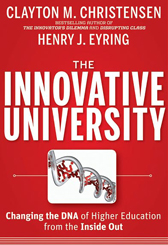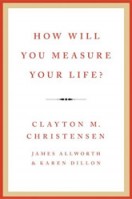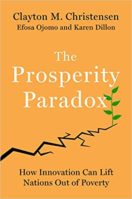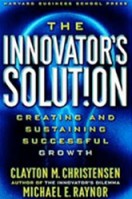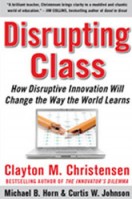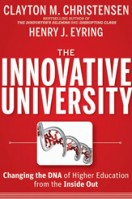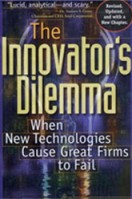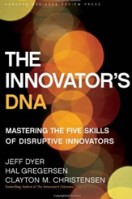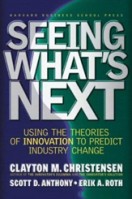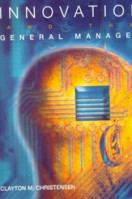Books
The Innovative University: Changing the DNA of Higher Education from the Inside Out
Book Description
Written by Clayton Christensen and his colleague, Henry J. Eyring, The Innovative University explores how and why universities must change to ensure future success. For most of their histories, traditional universities have had no serious competition except from institutions with similar operating models. Now, however, there are disruptive for-profit competitors offering online degrees. Traditional universities have valuable qualities and capacities that can offset those disruptors’ advantages, so how can institutions of higher education think constructively and creatively about their response to the impending challenge?
Throughout the book the authors apply Christensen’s acclaimed theory of disruptive innovation to higher education. Through a penetrating examination of the histories and current transformations of two very different universities—Harvard and BYU-Idaho—and using other illustrative examples, The Innovative University explores how universities can find innovative, less costly ways of performing their uniquely valuable functions and ensure their ongoing economic vitality, thereby saving themselves from decline and possible disruption. The Innovative University reveals how the traditional university survives by breaking with tradition, but thrives by building upon what it’s done best.
Featured Review
“This superbly documented book is a must read for anyone who cares about America's universities and colleges and the invaluable role they play in our contemporary society. Henry Eyring and Clayton Christensen remind us of higher education's history and thoughtfully examine the critical strands of its DNA that require 're-engineering' to insure survival and good health for our richly diverse system. Perhaps the best feature of this volume is that it goes beyond analysis to offer what is possible through models that are scalable, transferable, and responsive to the needs of learning, discovery, and engagement.”
Molly Corbett Broad
President, American Council on Education

